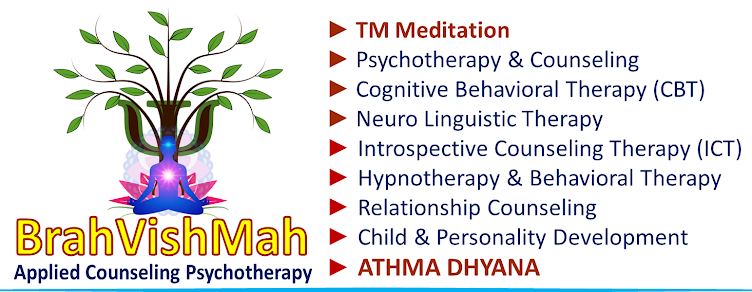Munchausen syndrome or factitious disorder is a psychological disorder in which a person repeatedly and deliberately acts as if he or she has a physical or mental illness, but in fact he or she is not really sick. Munchausen syndrome is considered as a mental illness because it is associated with severe emotional difficulties.
1) Although Munchausen syndrome usually refers to a factitious disorder with mostly physical symptoms, the term is sometimes used to refer to factitious disorders in general
2) Most of the symptoms in people with Munchausen syndrome are related to physical illness symptoms such as chest pain, stomach problems, or fever -- rather than those of a mental disorder
Symptoms of Fictitious Disorder
1) Willingness or eagerness to have medical tests, operations, or other procedures
2) Appearance of new or additional symptoms following negative test results
3) Presence of symptoms only when the patient is with others or being observed
4) Dramatic but inconsistent medical history
5) Unclear symptoms that are not controllable and that become more severe or change once treatment has begun
6) Predictable relapses following improvement in the condition
7) Extensive knowledge of hospitals and/or medical terminology, as well as the textbook descriptions of illnesses
8) Presence of multiple surgical scars
9) Willingness or eagerness to have medical tests, operations, or other procedures
10) History of seeking treatment at numerous hospitals, clinics, and doctors offices, possibly even in different cities
11) Reluctance by the patient to allow doctors to meet with or talk to family, friends, or prior doctors
12) Problems with identity and self-esteem
Treatment methodology
1) The primary treatment for factitious disorder is psychotherapy (a type of counseling)
2) Treatment likely will focus on changing the thinking and behavior of the individual with the disorder (cognitive-behavioral therapy)
3) Family therapy also may help in teaching family members not to reward or reinforce the behavior of the person with the disorder
4) There are no medications to actually treat factitious disorder
5) Medication may be used, however, to treat any related disorder, such as depression or anxiety
MANIVANNAN RJ
Applied Counseling Psychologist



No comments:
Post a Comment